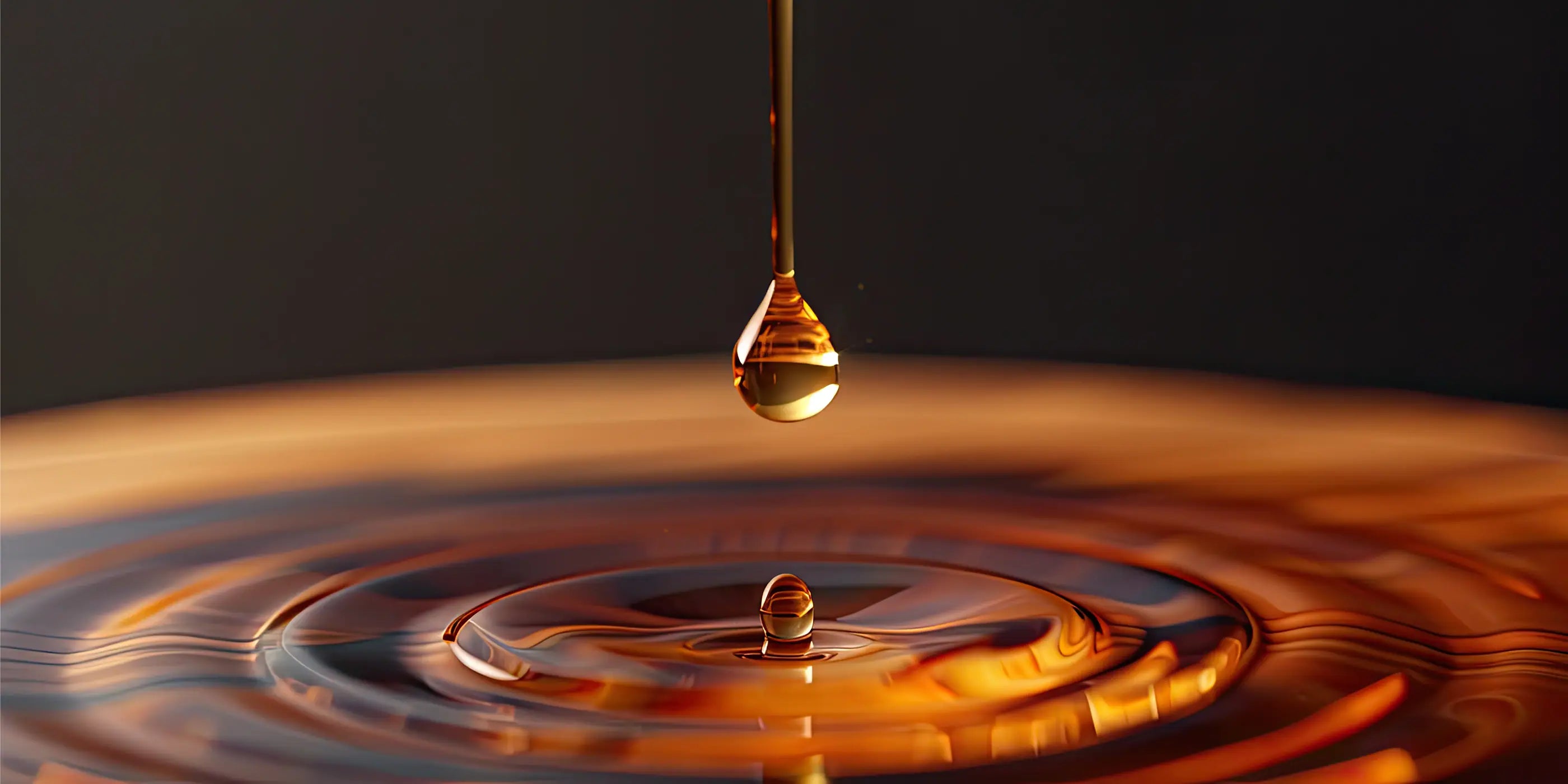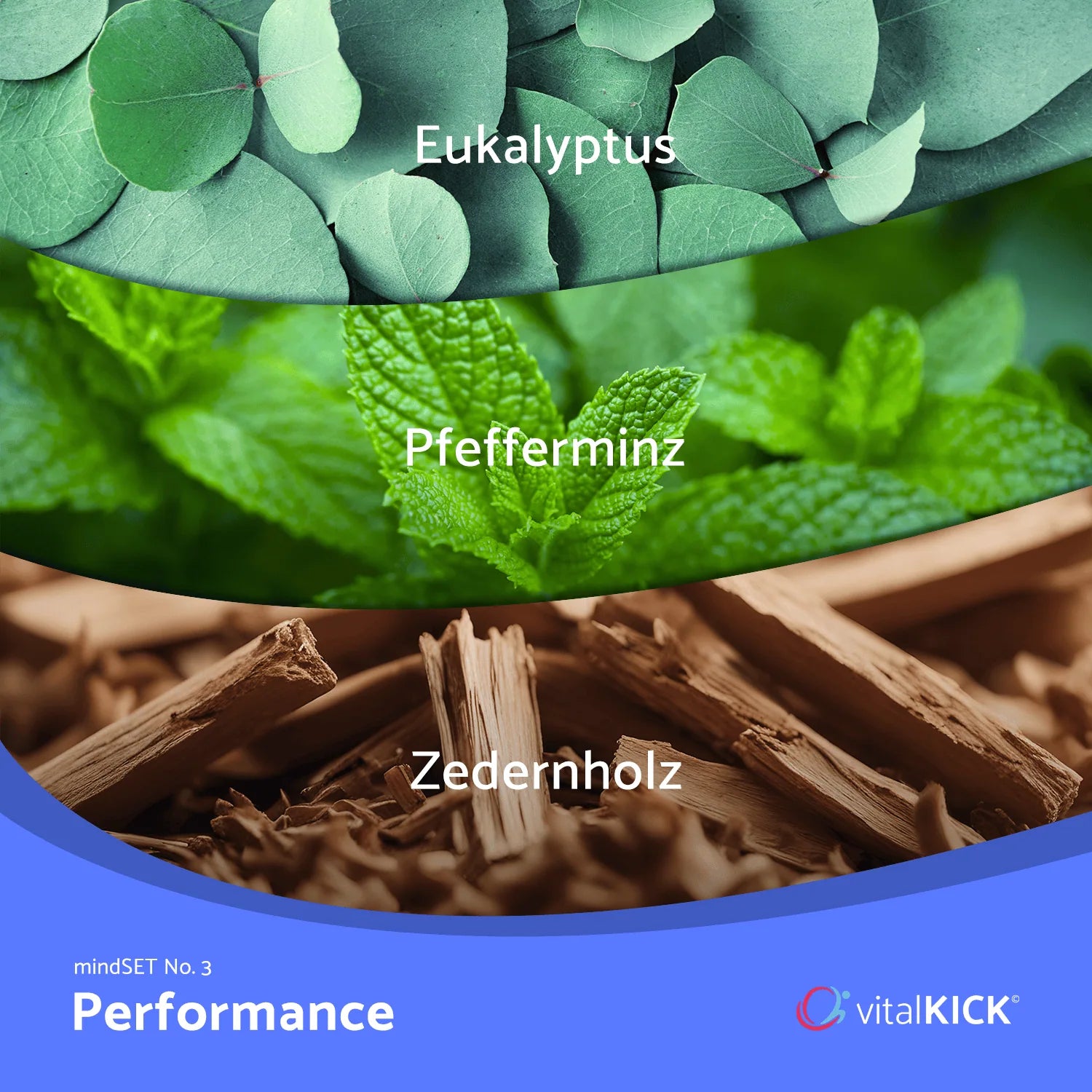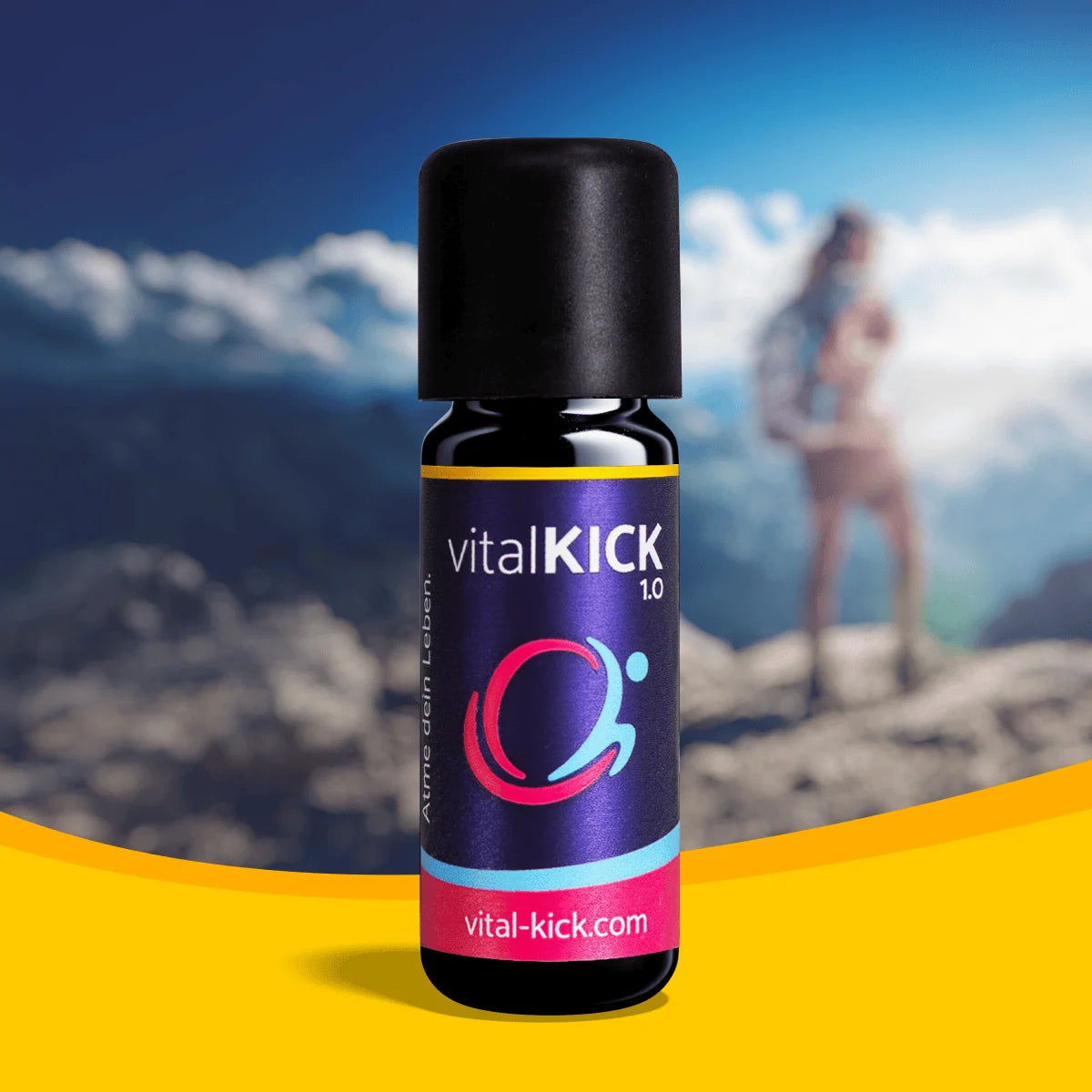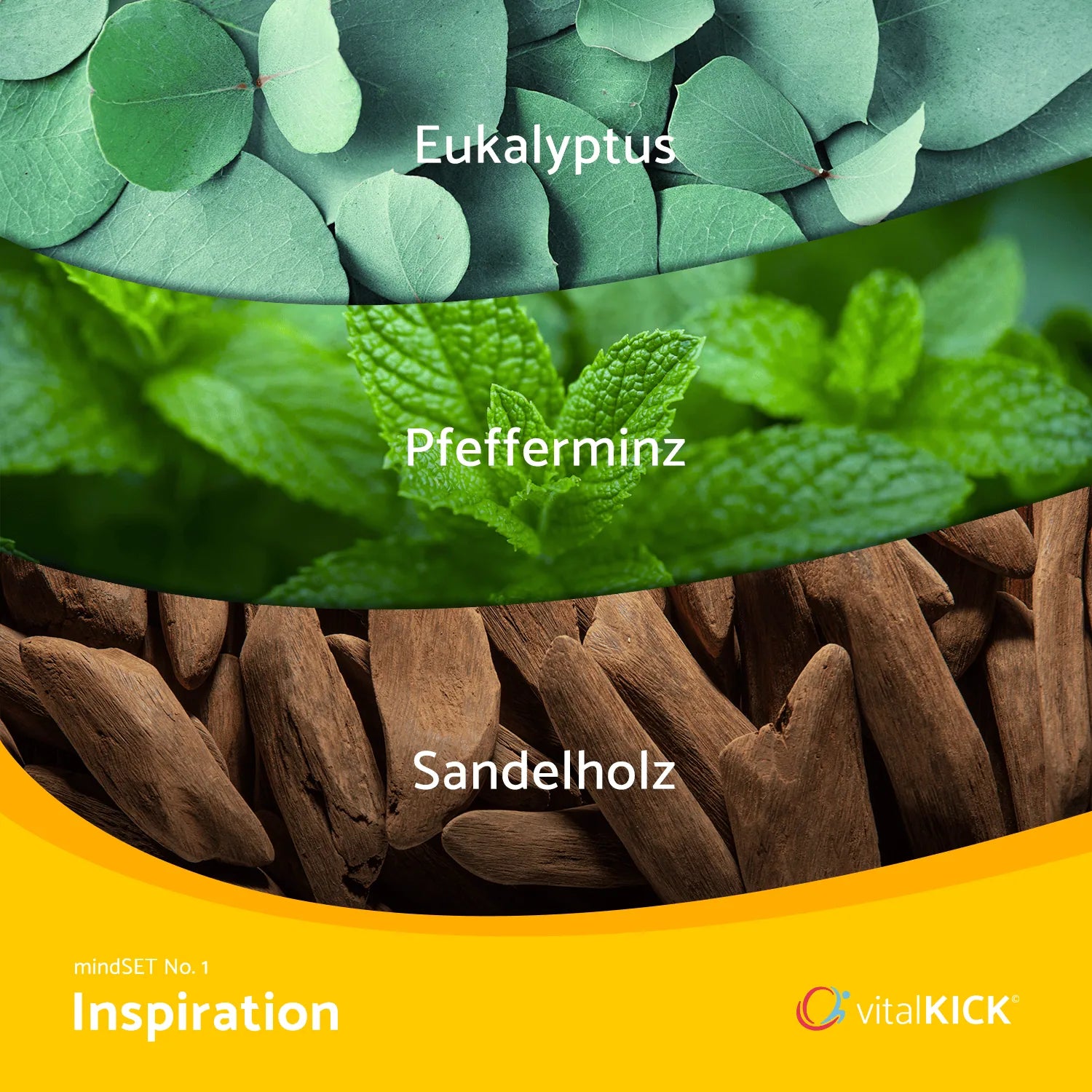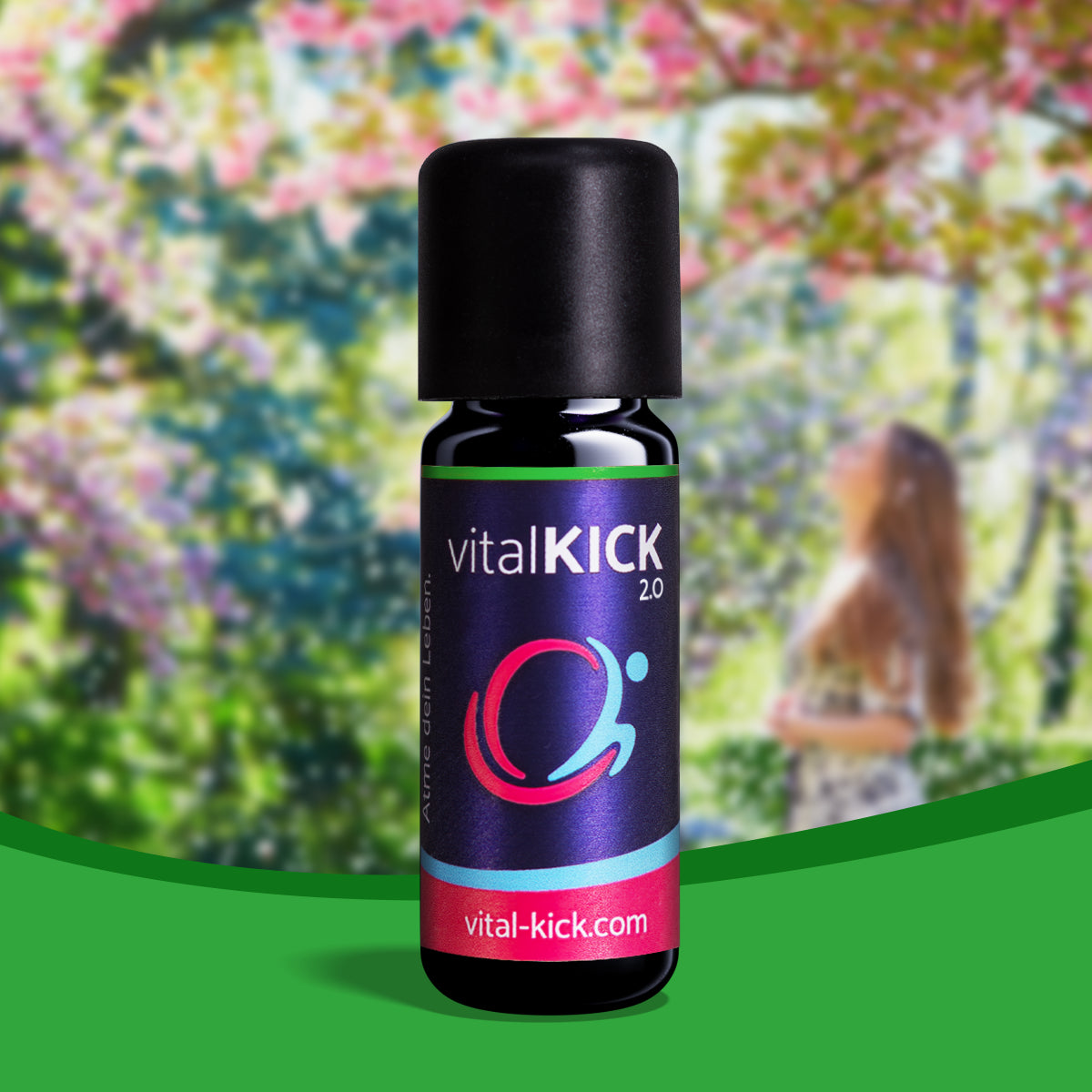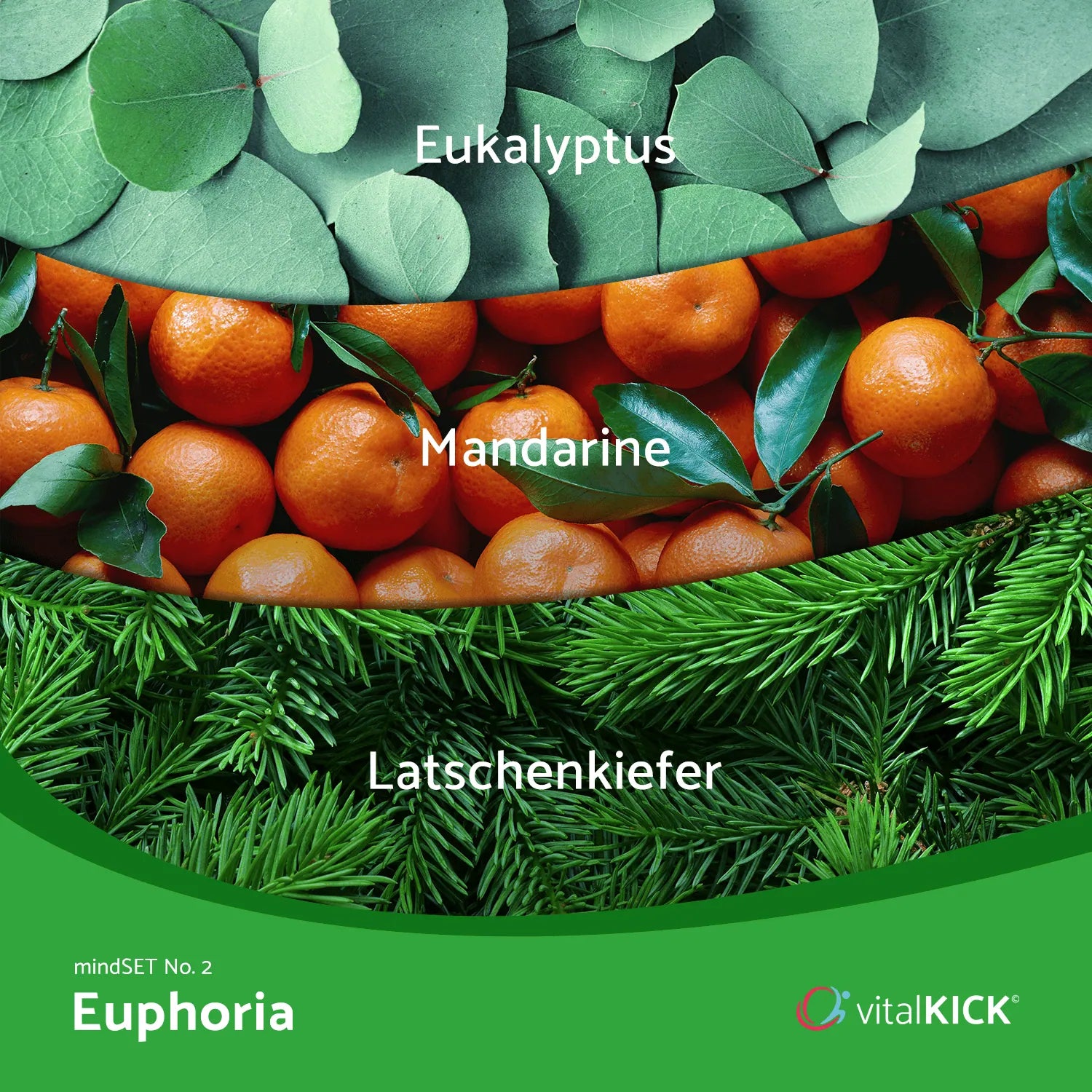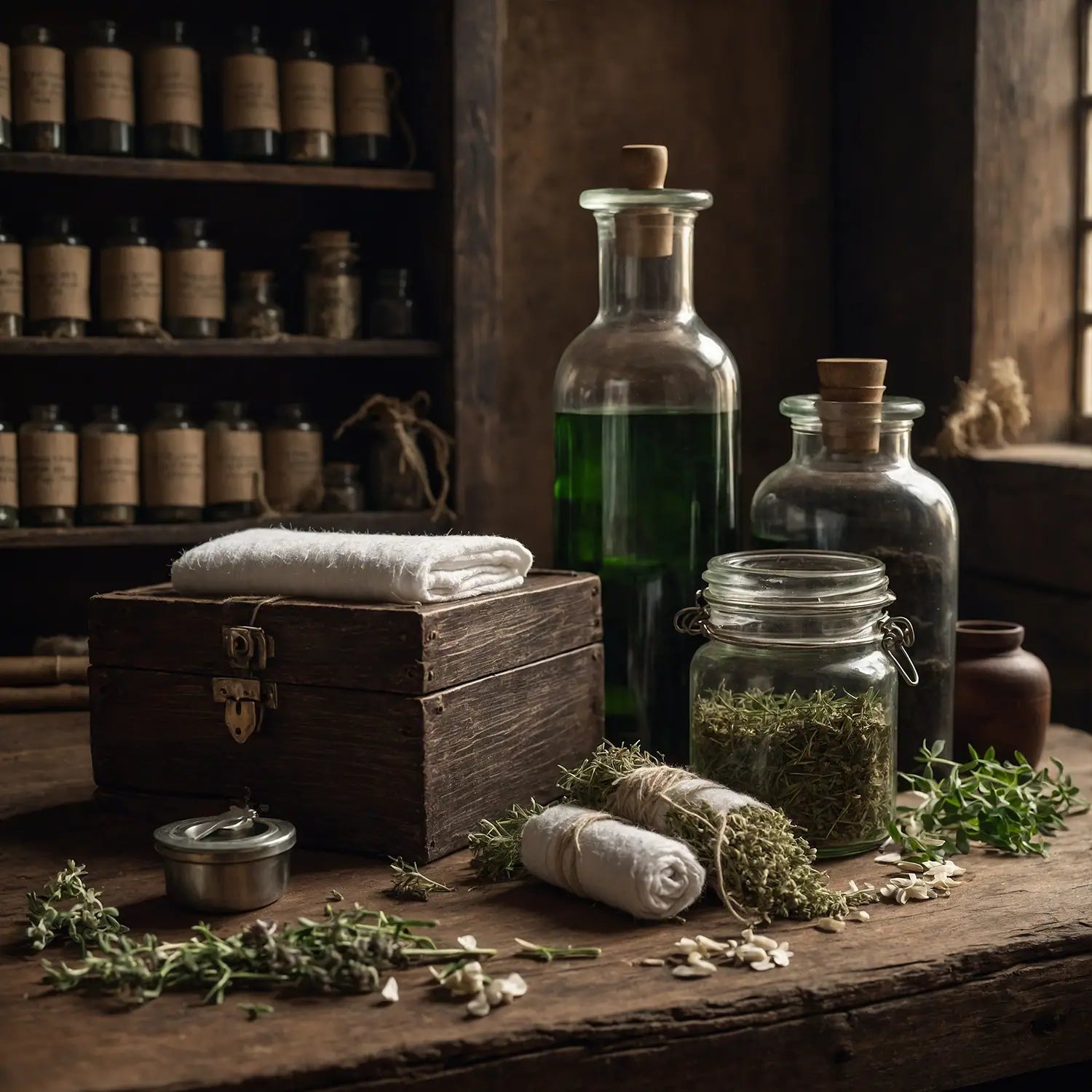
The History of Essential Oils
The history of essential oils in their healing and fragrant form goes back 9,000 years to the Mesolithic period. Since then, they have been used as a remedy for certain illnesses and ailments. The perfumer always plays the main role in their creation. In addition to their pleasant smells, many flowers and plants also have health benefits. From the Near East, the beguiling, soothing scents spread all over the world. The invention of distillation by the Arabs made the production of perfume as we know it possible from the 8th century onwards. The liquid gold is used for a wide variety of ailments - both physical and psychological.
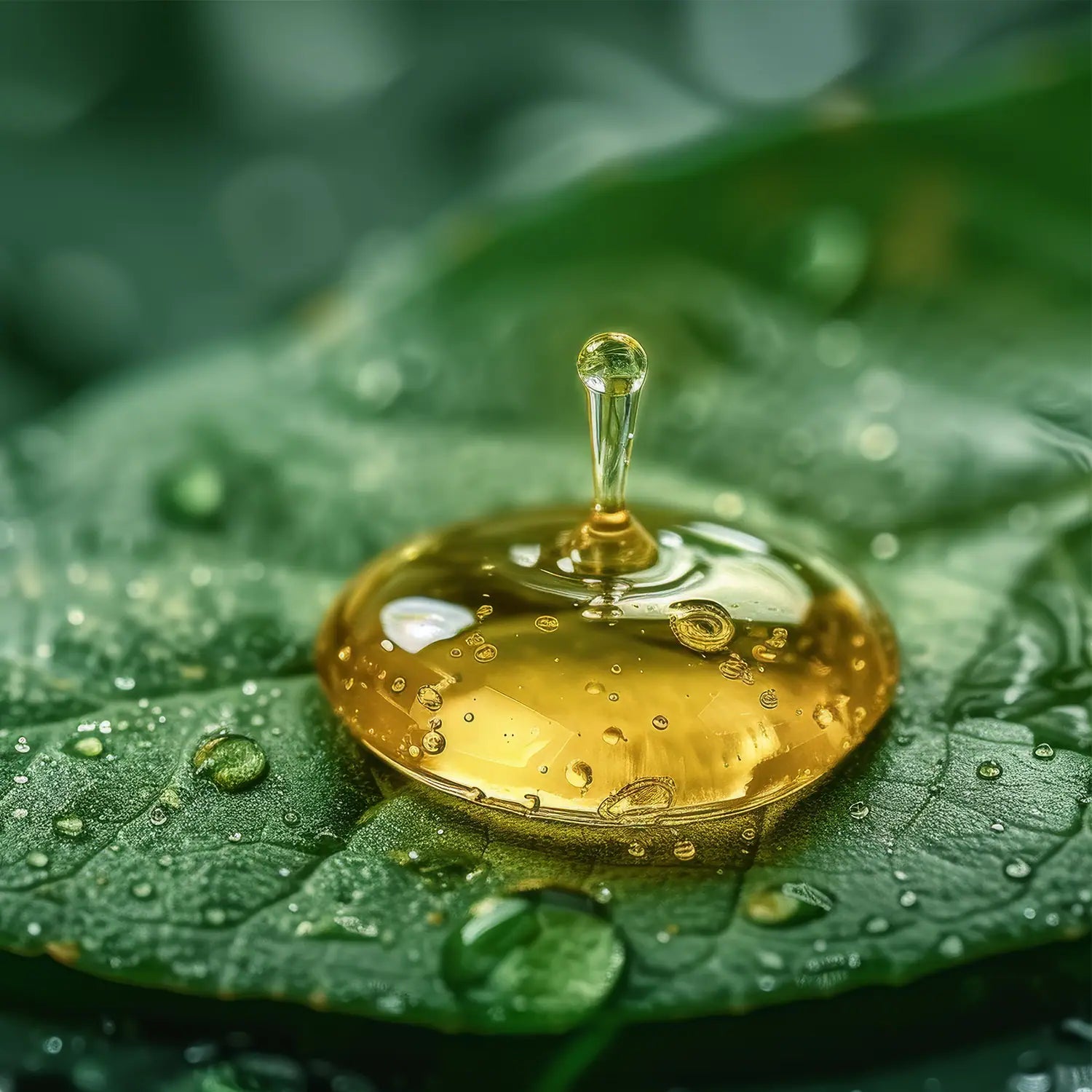
Essential oils are generally liquid mixtures of substances with a viscous consistency that are difficult to dissolve in water. They are volatile and, unlike fatty oils on a sheet of paper, do not leave a permanent grease stain. Essential oils have an intense smell and, when undiluted, a sharp, burning taste. Their density is usually less than 1 g/cm³, which means they float on water. They dissolve better in organic solvents because they are lipophilic (fat-soluble).
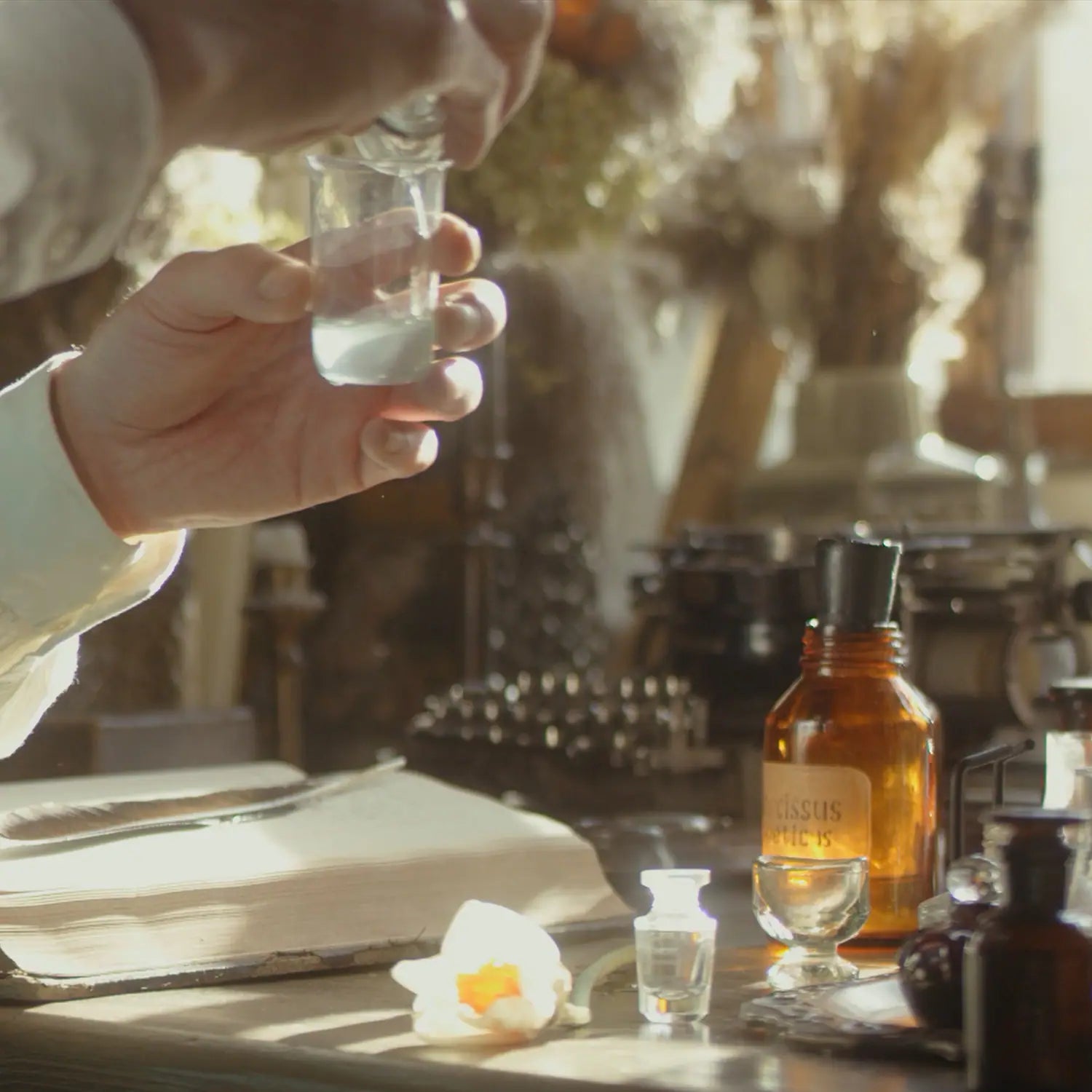
High-quality oils are obtained by steam distillation. Another method is cold pressing, which is used, for example, to obtain oils from lemon or orange peel. In addition to the selection of the individual ingredients, the ratio of quantities plays an important role in achieving optimal balance. Optimizing the duration of an essential oil's effect in the environment requires many years of experience as a perfumer and a special talent. A good perfumer feels a calling within himself, and official professional training is only a small part of his career path to developing unique fragrances. After our first encounter with the perfumers, our relationship with this precious art has developed completely anew. Find out...
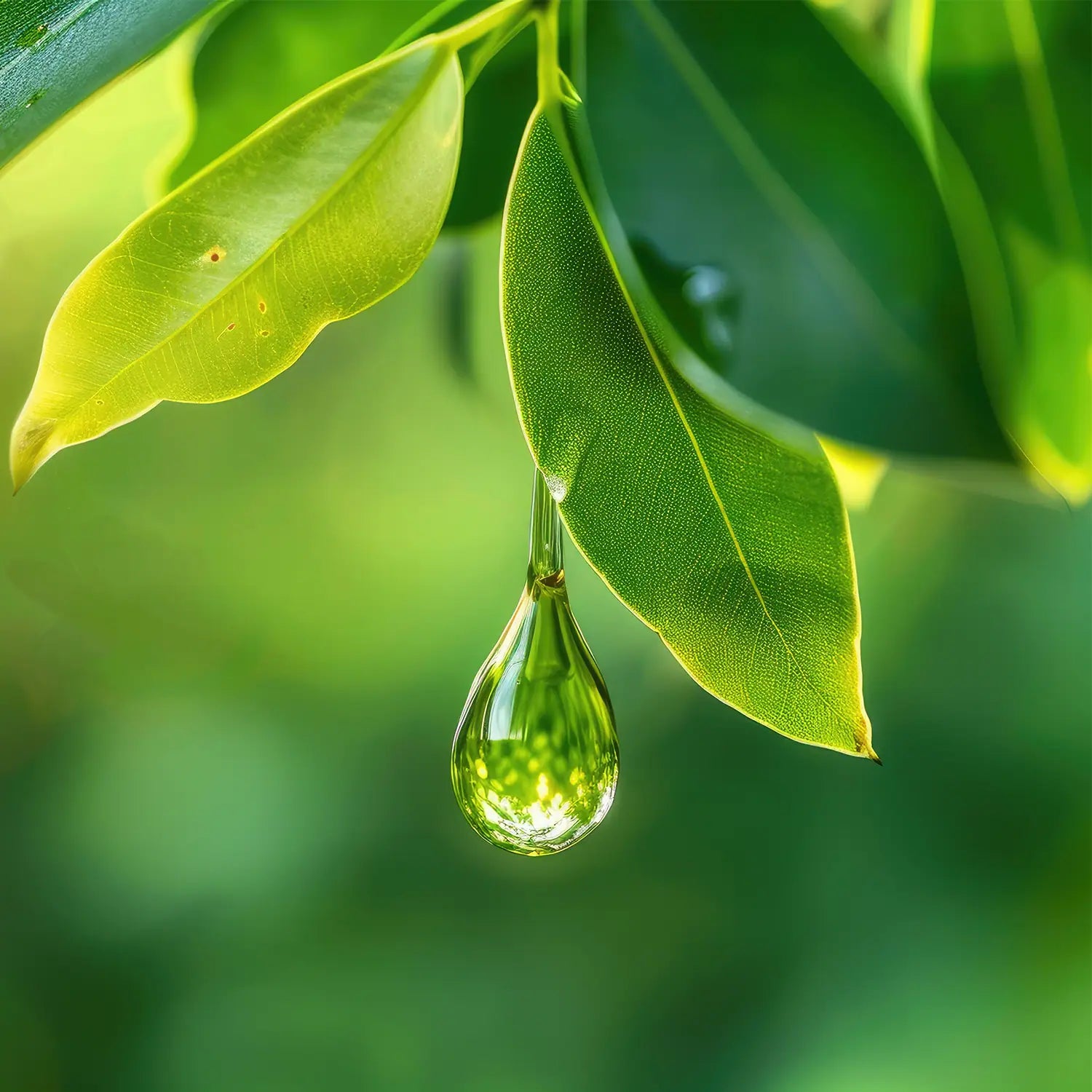
Due to the large number of different raw materials, the composition of a perfume is a lengthy process. In addition to good teamwork, this requires the perfumer's special personal creativity, a keen sense of smell and empathy for the future users.
